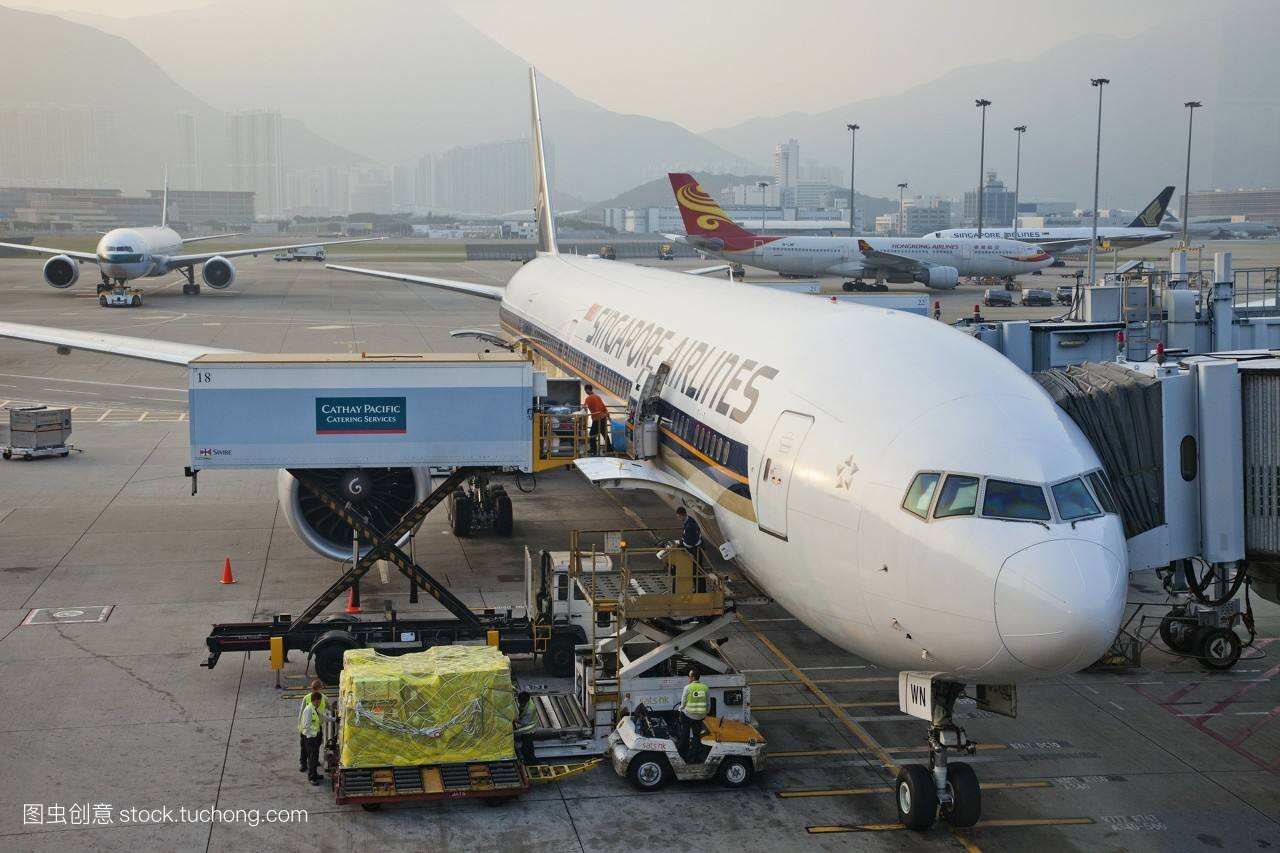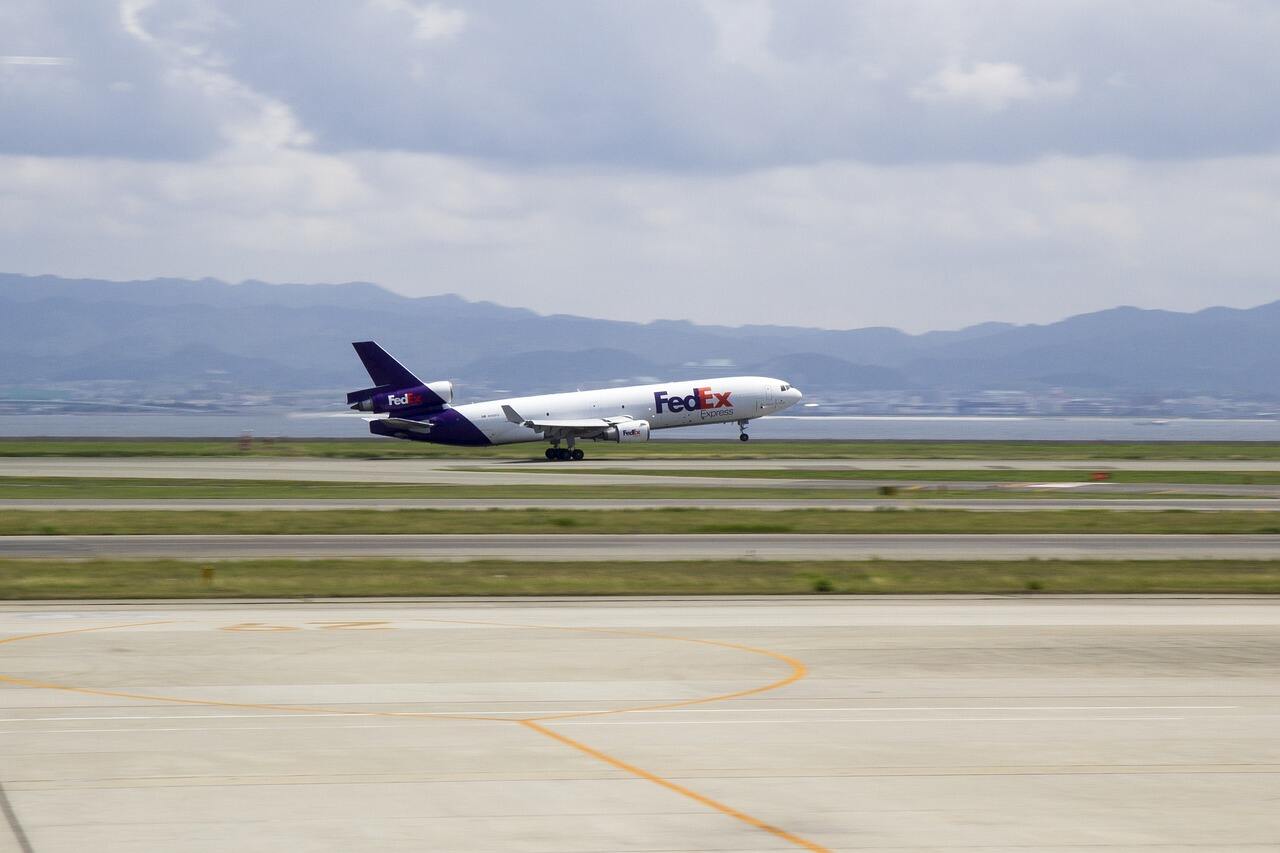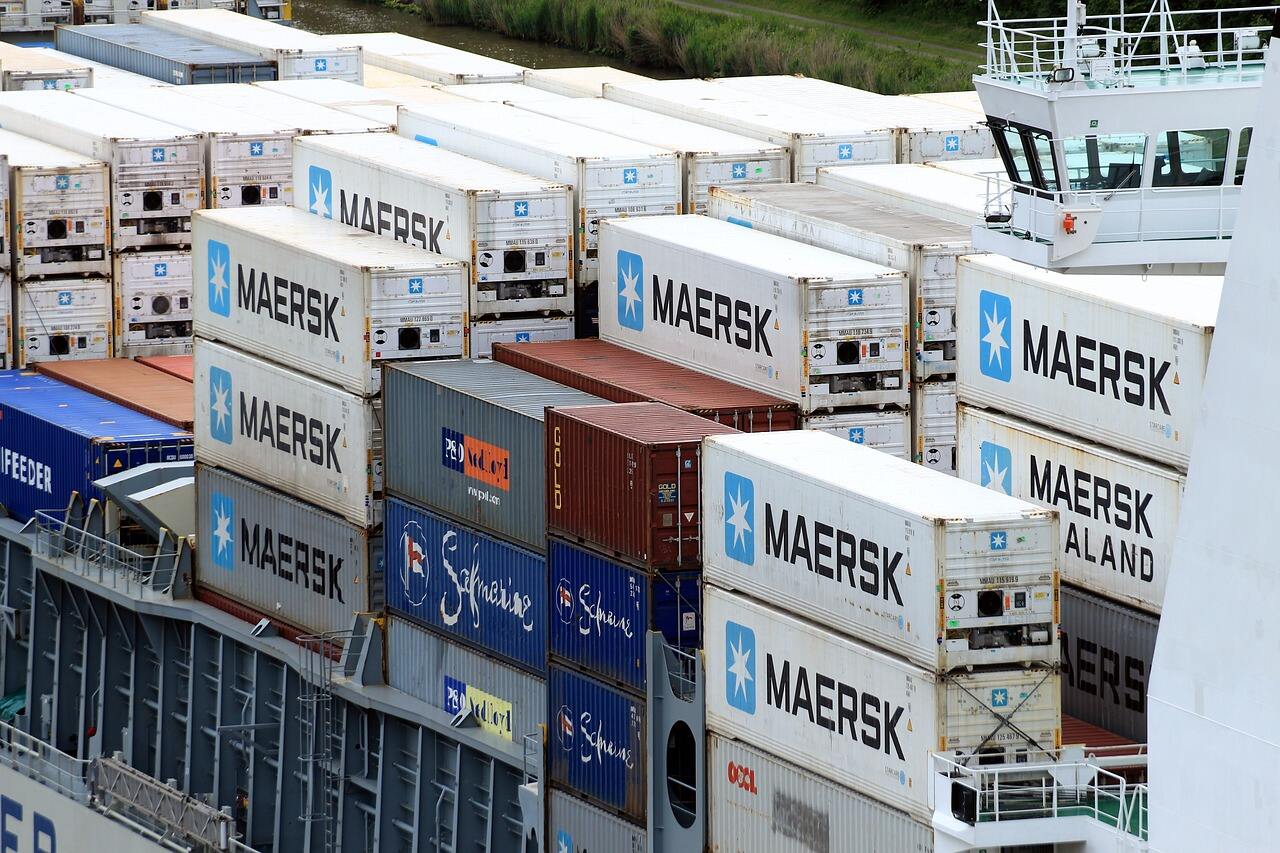international trade and logistics
A variety of elements combine to make up the international trade and logistics infrastructure, allowing goods to flow smoothly over national borders. Among its main components are transportation, storage and handling, inventory accounting and customs clearance. Technological developments in this area include sophisticated track systems for the distribution of goods, point of sale software and other automatic means of increasing efficiency. They are essential for different industries to ensure that goods are delivered safely, quickly and at the lowest price to global markets. Many of these applications are designed to help businesses operate more effectively, using technology for just-in-time stock practices or pinpointing orders enroute. Technology determines the quickest way to go, reduces the amount of paperwork and gives businesses information in real time--all important features for companies that want to make expanding their scope a priority.


